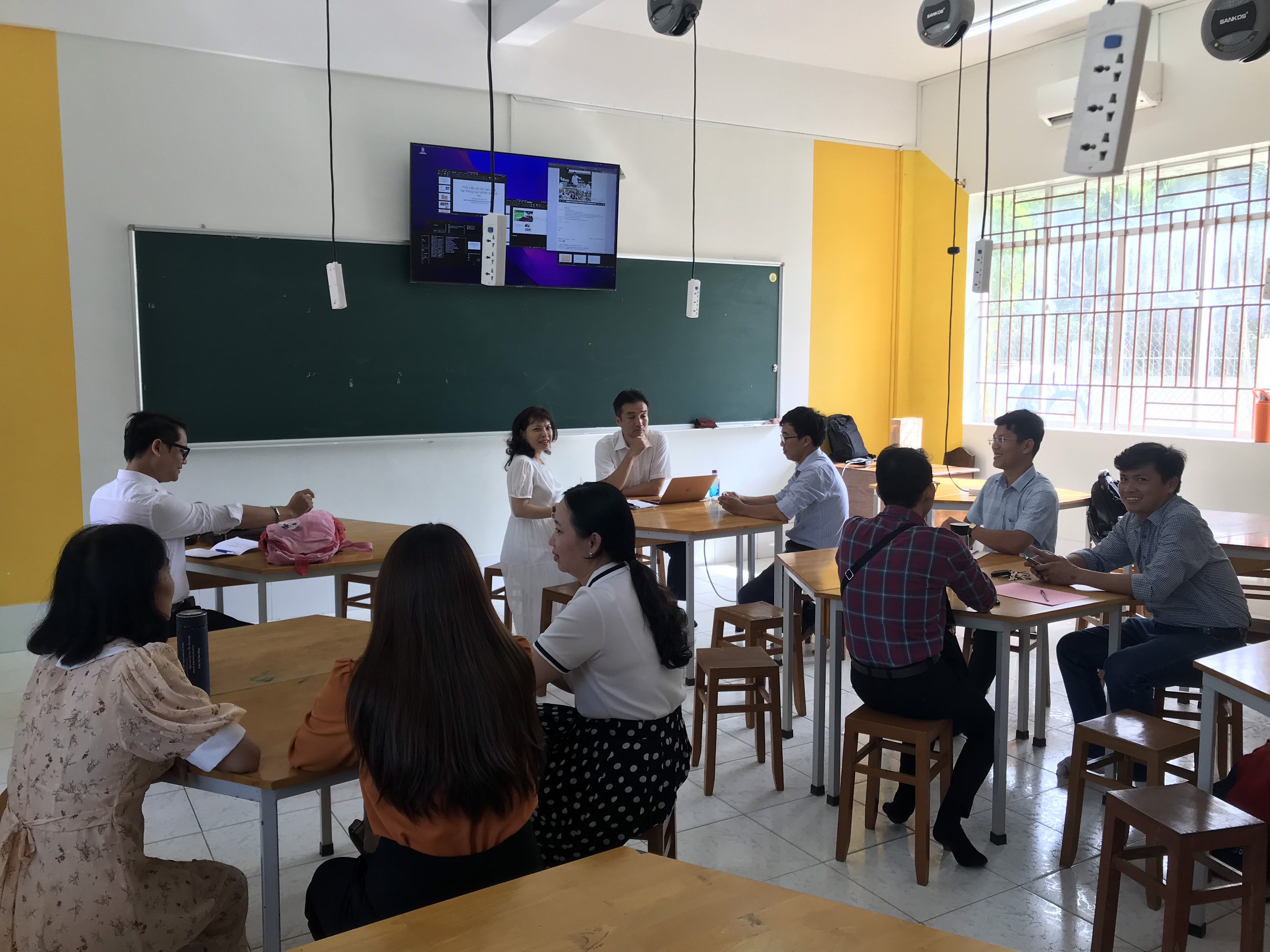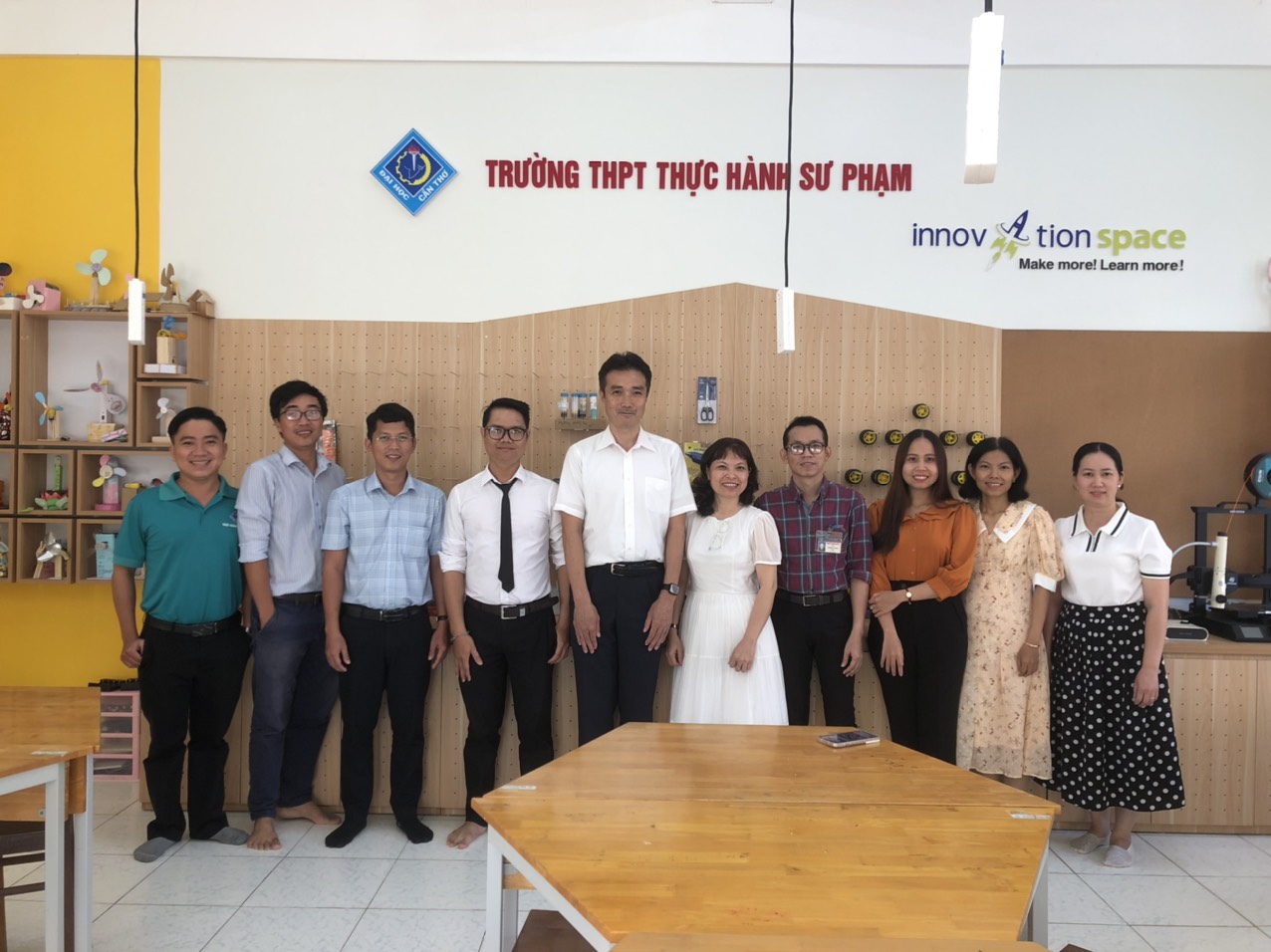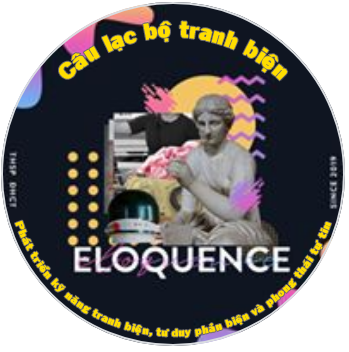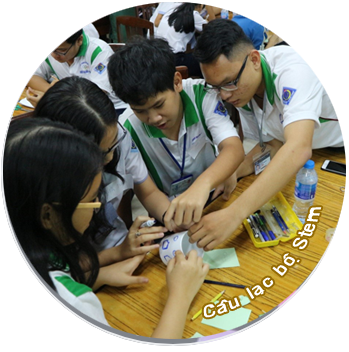THE REPORT OF THE JAPANESE PROFESSOR
Written by Admin; English by Tam Khang (A1K10)
On the afternoon of November 11, 2023, CTU Elite High School was pleased to have Professor Toshinobu Hatanaka from Toho University, Japan present a report to all school personnel and teachers on the concerns of "Developing science through lesson study (NCBH)". A scientific lecture when conducting NCBH must include four elements: The research topic contains 21st-century abilities. Science classes encompass scientific investigation and engineering design. The documentation for scientific study and technical design is examined. The importance of student learning is emphasized. These contents demonstrate that it is comparable to the process of implementing STEM education. Therefore, In Japan, implementing NCBH means implementing STEM education; NCBH is most actively implemented in primary schools and is supported by local education departments; Lesson Study is well prepared; Research can be called school-based research, and all teachers in the school can participate, as well as additional experts or teachers with the same expertise in other schools who have a lot of experience; NCBH is carried out annually.
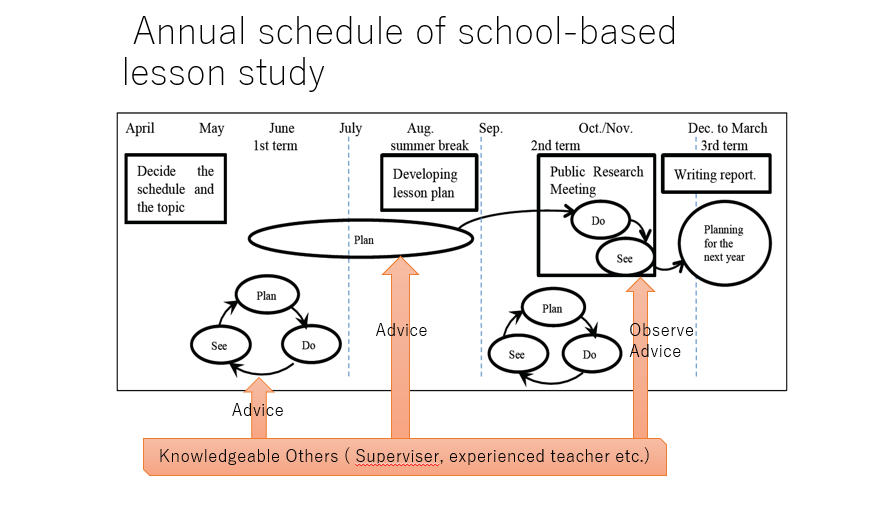
Source in Professor Toshinobu Hatanaka’s report. Toho, Chipa, Japan. 2023
The report offered teachers a wealth of information about teaching efficiently and easily while encouraging students' positivism, initiative, creativity, and problem-solving. As a result, when creating lesson plans, the following criteria should be kept in mind:
- The topics/lessons chosen for implementation and 21st century abilities must be defined in educational goals, and phrases to indicate attitudes, emotions, and behavior expectations such as 'curious,' 'autonomous,' 'interested, 'active,' and 'engaged' are utilized.
- Lesson plans adhere to a curriculum that prioritizes scientific inquiry. If the lesson is on the pendulum, for example, the core scientific principle is "The time it takes a weight on a string to swing back and forth does not change if the weight changes, but it does change when the length of the string changes". As a result, the student must be able to build a similar experiment using one of three variables (chain length, weight, and swing width) to show the aforementioned principle.
- Teaching materials discovered during the teaching research process can be used as teaching aids by instructors in a variety of ways, depending on the facilities of each school. In NCBH, teachers focus on researching Japanese teaching materials called "KYOZAI KENKYU". As an example: Long ropes in the gym/bottles and ladders, different types of ropes, weights, stands, clamps, film covers, plastic covers / connectable cardboard and magnets... are used in the pendulum lesson.
- Student engagement in learning. The lesson plan predicts student responses in a variety of ways, for example, “I think it will be..., I did... before / I learned...How could I... / Why is it...I found... / I observed...I want... I'm not sure…”. In Japan, inquiry-based learning is the primary teaching technique.
Source in Professor Toshinobu Hatanaka’s report. Toho, Chipa, Japan. 2023
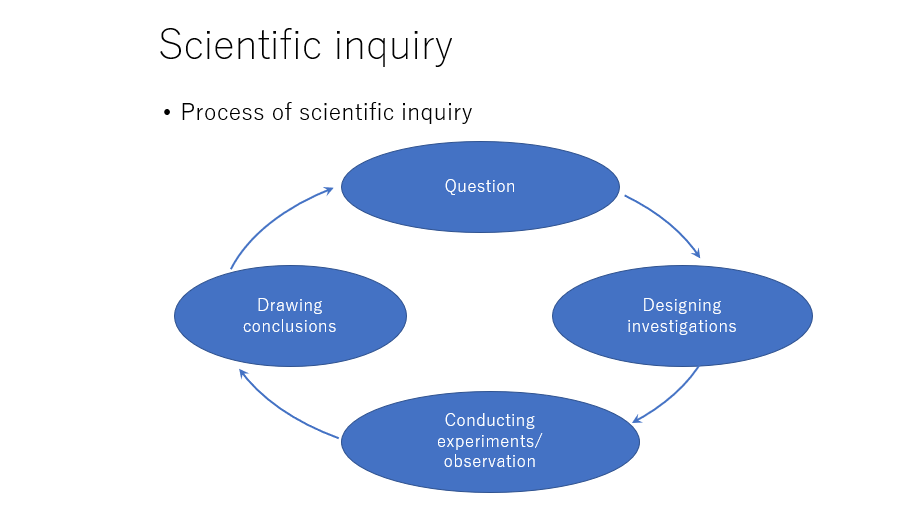
A class in Japan lasts 45 minutes, and a lesson is broken into seven classes, as indicated below:
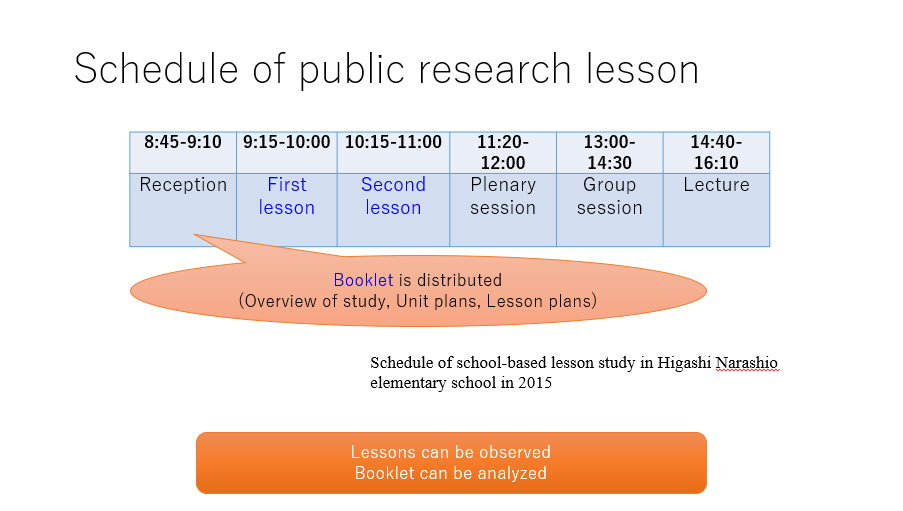
Source in Professor Toshinobu Hatanaka’s report. Toho, Chipa, Japan. 2023
Teaching using NCBH is a prominent trend in Japan, and it is comparable to applying a modern STEM education process in that it tries to foster creativity, critical thinking, and problem-solving skills in students rather than simply imparting knowledge. NCBH places the greatest emphasis on student learning for all students to achieve it.
The study offers teachers with a new perspective on the Japanese education system, which is one of the most sophisticated in the world today, while also providing teachers with the opportunity to access new educational approaches for research and teaching at the CTU Elite High School.
